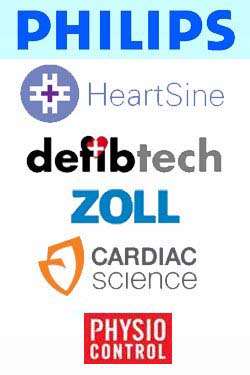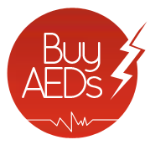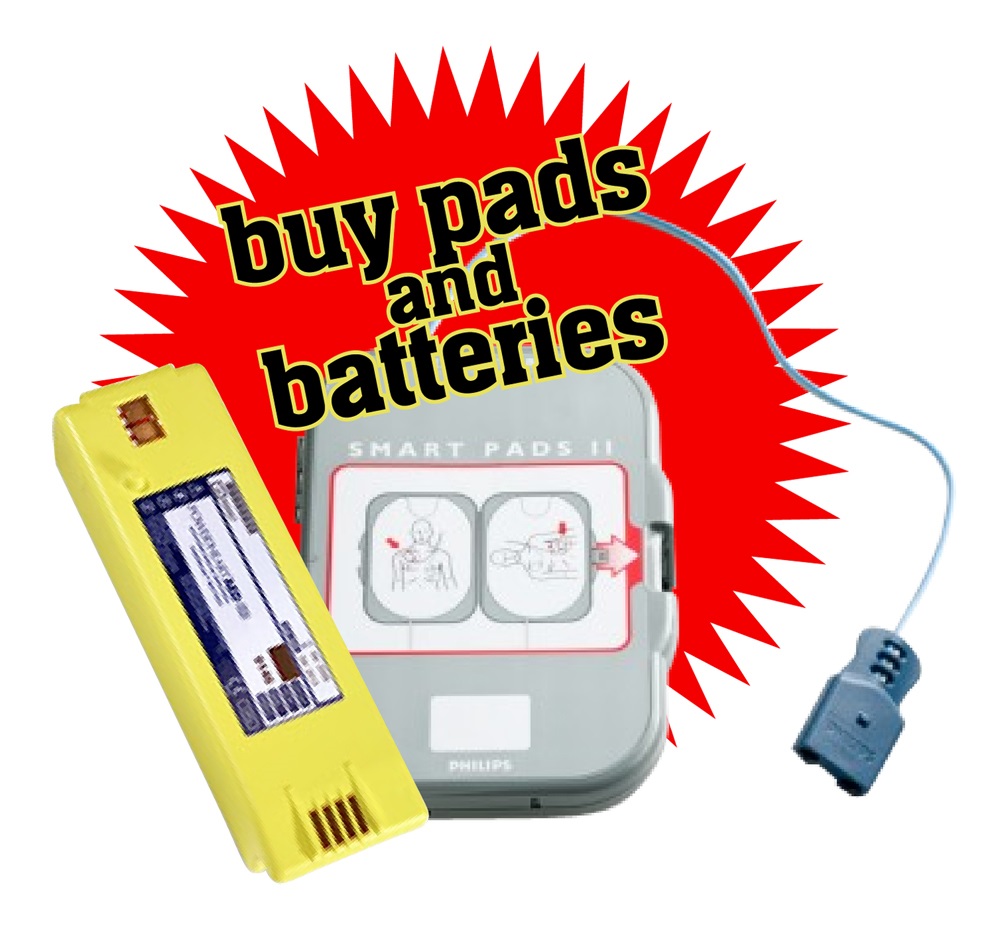
When should you use an AED (Defibrillator)?
When would you need to use an AED?
Cardiac arrest occurs when your heart's electrical activity becomes disrupted and the heartbeat gets dangerously fast (ventricular tachycardia) or chaotic (ventricular fibrillation). Because of this chaotic, often irregular heart rhythm (arrhythmia), your heart stops beating effectively and can't adequately pump blood.
During cardiac arrest, your brain and other vital organs quickly become starved of blood and the life-sustaining oxygen and nutrients it carries. If you survive, you may have permanent damage to your brain and other organs. The sooner your heart's rhythm is restored the better, since each minute is critical to determining your chance of survival and how much damage you might have.
Cardiopulmonary resuscitation (CPR) is a vital step in the lifesaving process and can keep some blood flowing to your heart and brain for a short time. But often only defibrillation can restore the heart's normal rhythm and ultimately save your life. This is especially true if you experience a type of abnormal heart rhythm known as ventricular fibrillation.
If you're experiencing ventricular fibrillation and an AED is on hand, a bystander could grab it and easily connect it to your chest to check your heart rhythm. If your heart rhythm can be treated with an electric shock, the AED automatically sends an electrical current to your heart muscle. That jolt could reset your heart into a normal rhythm, possibly saving your life. If you use an AED on someone, it's still critical that you call 911 or your local emergency services first, to get help on the way. Remember to begin CPR before you turn on the AED and start CPR again after the shock if CPR is still needed.
If you use an AED on someone, it's still critical that you call 911 or your local emergency services to get help on the way before you begin using the AED.

 , or call: 888-388-9250
, or call: 888-388-9250
